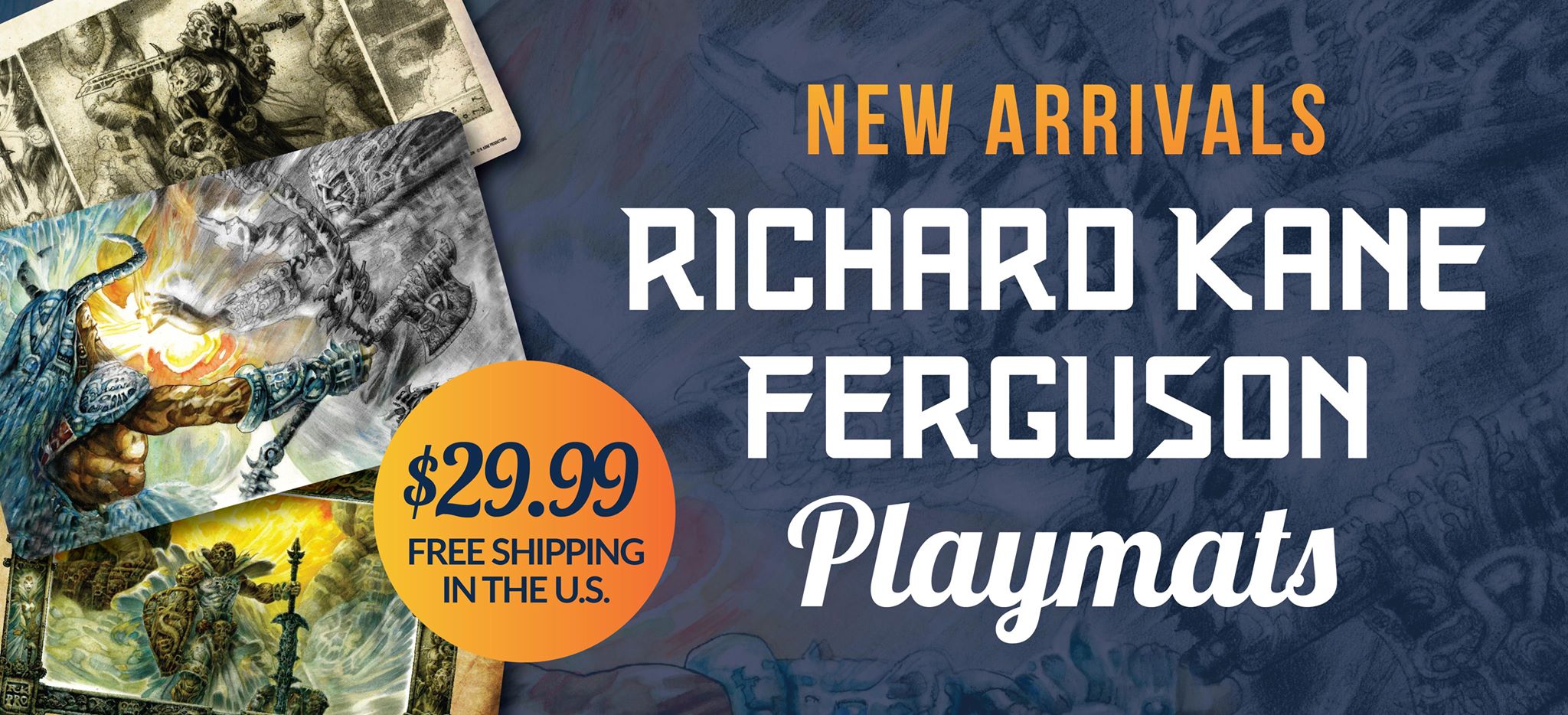Why?
Theory in Practice
Nate's U/W Stone Blade
2 Snapcaster Mage
4 Stoneforge Mystic
2 True-Name Nemesis
2 Vendilion Clique
4 Brainstorm
2 Counterspell
3 Dig Through Time
4 Force of Will
2 Lightning Bolt
1 Pyroblast
2 Spell Pierce
4 Swords to Plowshares
1 Umezawa's Jitte
1 Batterskull
2 Jace, the Mind Sculptor
3 Ponder
4 Island
1 Plains
2 Arid Mesa
4 Flooded Strand
4 Scalding Tarn
3 Tundra
2 Volcanic Island
1 Karakas
Sideboard:
1 Grafdigger's Cage
1 Relic of Progenitus
2 Containment Priest
2 Meddling Mage
2 Flusterstorm
2 Pyroblast
1 Surgical Extraction
1 Wear
1 Council's Judgment
1 Sudden Demise
1 Supreme Verdict
Going into the tournament I knew the decks to beat were Omni-tell (OK matchup) and Miracles (pretty bad matchup). So why did I choose Stoneblade if the supposed bad guys of the format were not even great matchups? Something many people don't realize about Legacy is that while you will often be rewarded for having a heavily proactive strategy, you are going to encounter situations or cards that you just can't beat with anything in your deck if your deck is too linear. In order to minimize the chances of this happening, I tend to play interactive decks with many angles of attack. I realize that despite the fact that the agreed upon best decks in the format are not planning to beat you by casting creatures, with so many options available in the format, I am still going to encounter people that are trying to beat me by attacking me to death. Case in point: in fifteen rounds, I played against Omni-tell 3 times and Miracles only once. I played two other non-creature decks in Reanimator and Storm (although I guess Reanimator is technically a creature deck, but not in the typical sense). My other nine opponents? Their plans were to cast various creatures and attack me to death, against which using Stoneforge Mystic to fetch Umezawa's Jitte and Batterskull is a game plan on its own. I finished 10-3-2 which was good enough for a 25th place finish, and overall I was quite happy with my deck choice for the tournament.





